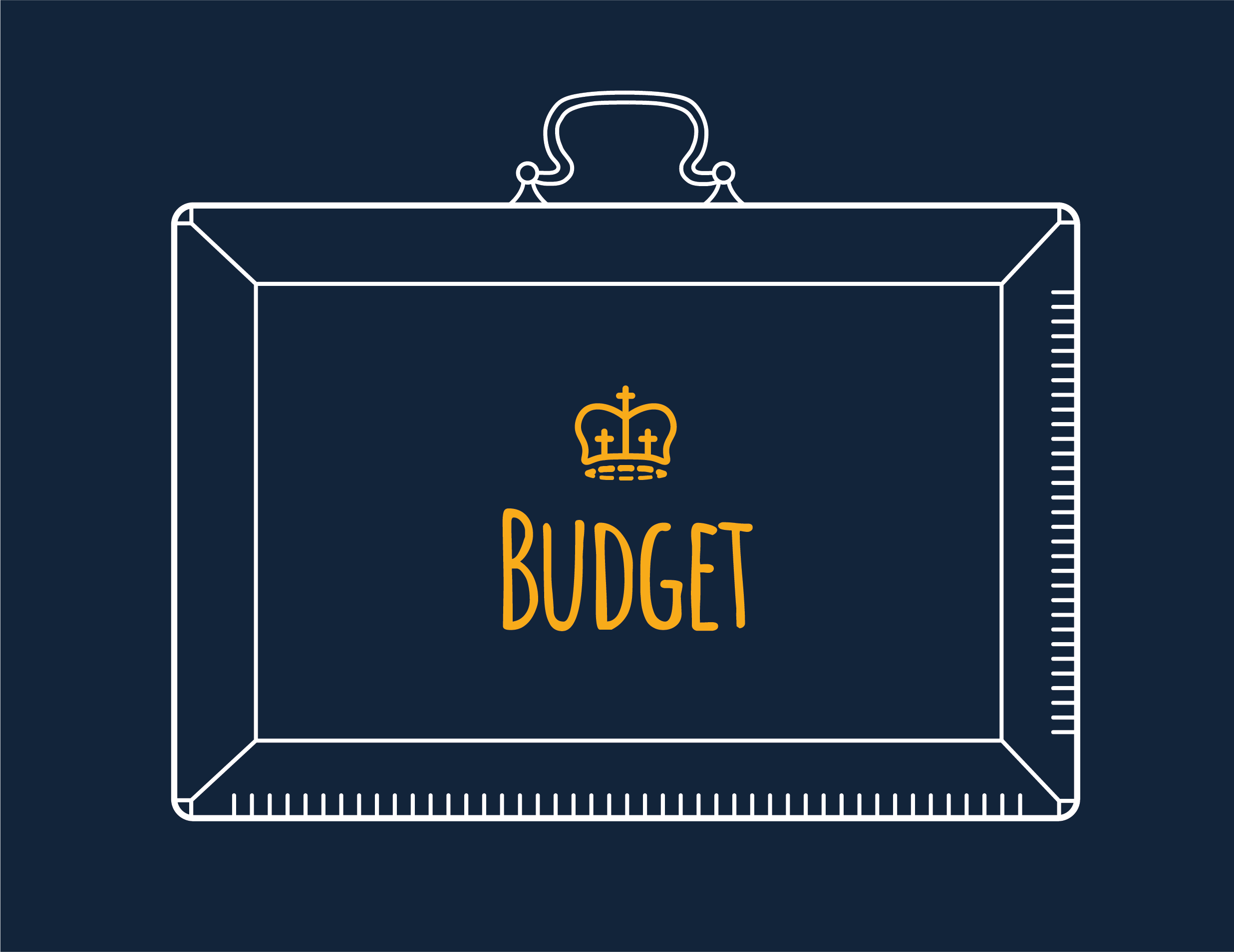
Given that 69% of the current generation of working age adults aren’t anticipating receiving a ‘considerable’ amount of inheritance in the future, when it comes to planning their financial future, should you feel comfortable to spend anything you plan to leave? What is best when it comes to balancing your current and future needs against planning for your children and grandchildren, and tax?
The Inheritance Tax Issue
Due to inheritance tax, the amount you give to your children – either before or after you die – doesn’t work out equally. Therefore, if you are planning on leaving anything behind for your children, you may want to give them amounts gradually well before you die so that they get more, long-term. If you leave it all in inheritance, the tax man might take more than you think.
It’s worth noting that you don’t need to pay Inheritance Tax if the value of your estate is below the £325,000 threshold or you leave everything to your spouse, civil partner, a charity or a community amateur sports club.
If you give away your home to your children or grandchildren, your threshold will increase to £450,000. If you’re married or in a civil partnership and your estate is worth less than the maximum threshold, any unused allowance can be added to your partner’s when you die. This means your partner’s threshold can be as much as £850,000. The standard Inheritance Tax rate is 40%, and is only charged on the part of your estate above the threshold.
It’s important to remember some gifts you give while you’re alive may be subject to inheritance tax after your death. It all depends on when you give the gift and how much. The person you gift to may have to pay inheritance tax if you give away more than £325,000 and die within 7 years. If there’s Inheritance Tax to pay, it’s charged at 40% on gifts given in the 3 years before you die. Gifts made 3 to 7 years before your death are taxed on a sliding scale known as ‘taper relief’. Gifts are not counted towards the value of your estate after 7 years.
Don’t forget your own needs
If you do decide to or gift ‘the inheritance’ before you die, you need to take care to make sure you aren’t jeopardising the standard of care you would like in old age. Deciding what to do with your money is a fine line to walk given that you may need to have those funds available for your own care needs. If you need nursing care this costs an average of £39,300 per year of which £29,270 is for residential care alone.
You also need to consider cost of living, the Office of National Statistics has released its report for the nation’s household spending for 2016/17 and it shows the average amount spent by each family was £536.80 per week – that’s £5.90 more than in 2016 after inflation is taken into account.
However, this still begs the question – do you spend it on the children or not?
The current generations set to inherit
While the majority of working adults are not anticipating a considerable inheritance, it has also been claimed that on average, they are poorer than their parents.
A February 2017 report by the Resolution Foundation, ‘As Time Goes By’, has shown that for the first time in over a century, the current generation of workers are financially worse off than the generation before them. Generational income growth has stopped – a complete trend change from all other generations since World War II. The report states: “The result is that today’s pensioners – people who in theory are supposed to be downsizing and living off their savings – are now richer than today’s earners.”
This may lead to the feeling that, if you can afford to do so without jeopardising your own standard of living, you could be helping out your adult children. Not only that but that you should be doing it now whilst you are alive rather than as inheritance.
It’s about balance
The reality is there isn’t any ‘right’ answer. In truth the best solution will be based upon making assumptions about your own and your children’s futures. There isn’t a one size fits all approach to inheritance planning. If you can afford it, the prudent answer is that it should be a case of spending not only on yourself but also on your children in the supporting areas they need. It shouldn’t be either/or. However, it does make sense that this is spent when needed, not squirreled away for inheritance tax to eat away.
There are a number of ways of spending your child’s inheritance on them whilst you are still alive, when you can benefit from seeing the help you bring, rather than leaving it to them in your will. When gifting money to children, make sure you are up to date on the rules.
You can make cash gifts as long as they meet the inheritance tax rules. These one-off gifts can be useful for helping out with life’s big expenses such as house deposits or weddings. You can also save regularly for your grandchildren in tax-efficient savings plans, by contributing to their Junior ISA.
It makes sense to help, but do remember that the UK population is living longer. Your retirement could well be a long and active one, so make sure you have enough for what you want to do.


